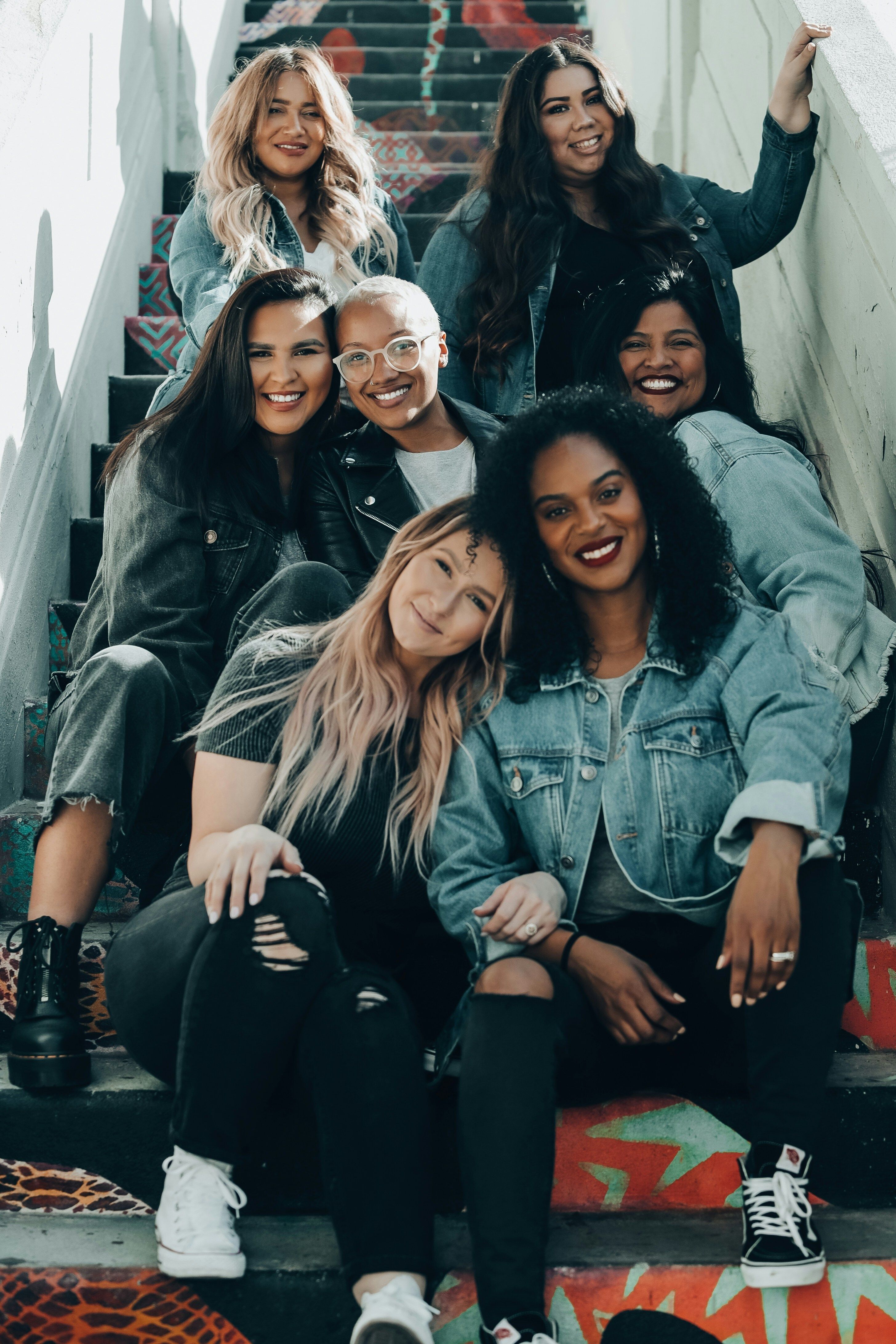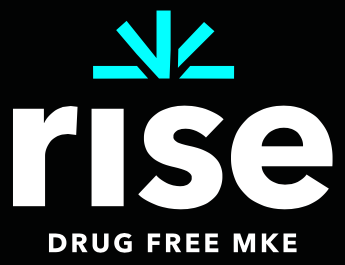
June is Pride Month, which celebrates equality for the Lesbian, Gay, Bisexual, Transgender, Questioning or Queer (LGBTQ+) community, and the City of Milwaukee Tobacco Free Alliance is providing extra focus on the heavy burden that smoking and vaping has had on LGTBQ+ individuals.
The City of Milwaukee Tobacco-Free Alliance is one of a few local community alliances that focuses on preventing and reducing smoking and vaping. Each one of the alliances supports specific people and communities that have been targeted through advertising and marketing of commercial tobacco. That includes the LGBTQ+ community, African Americans, Hispanic and Latino people, and people who earn low incomes.
LGBTQ+ Healthlink reports that smoking is the LGBTQ+ community’s greatest health burden. In fact, the African American and the LGBTQ+ communities are the highest consumers of menthol cigarettes. That’s mostly due to ads and marketing to these communities. For example, the commercial tobacco industry was among the first to depict same sex couples in advertisements.
“On the one hand, the Big Tobacco companies tell LGBTQ+ people and African Americans that smoking is a normal part of life, especially smoking menthol cigarettes,” said Charlie Leonard, coordinator of the City of Milwaukee Tobacco-Free Alliance. “On the other hand, you have all of the stresses that these folks experience thanks to discrimination and stigma, which put them at risk for smoking.”
A 2021 survey showed an alarming correlation between Wisconsin’s LGBTQ+ youth and an increase in risky behaviors like substance use. These youth also reported a lower percentage of feeling that they belong at their school or that they feel comfortable talking with their parents or other adult family members about their feelings.
“It’s really important that we help our young people understand that we adults can help them to live happy and healthy lives without reaching for a cigarette or vape,” Leonard said.
Anyone who uses commercial tobacco products can get free help to quit by calling the Wisconsin Tobacco Quit Line at 1-800-QUIT NOW (784-8669). Medicaid beneficiaries can talk to their health care provider about the free quit support provided through the Medicaid Cessation Benefit.

